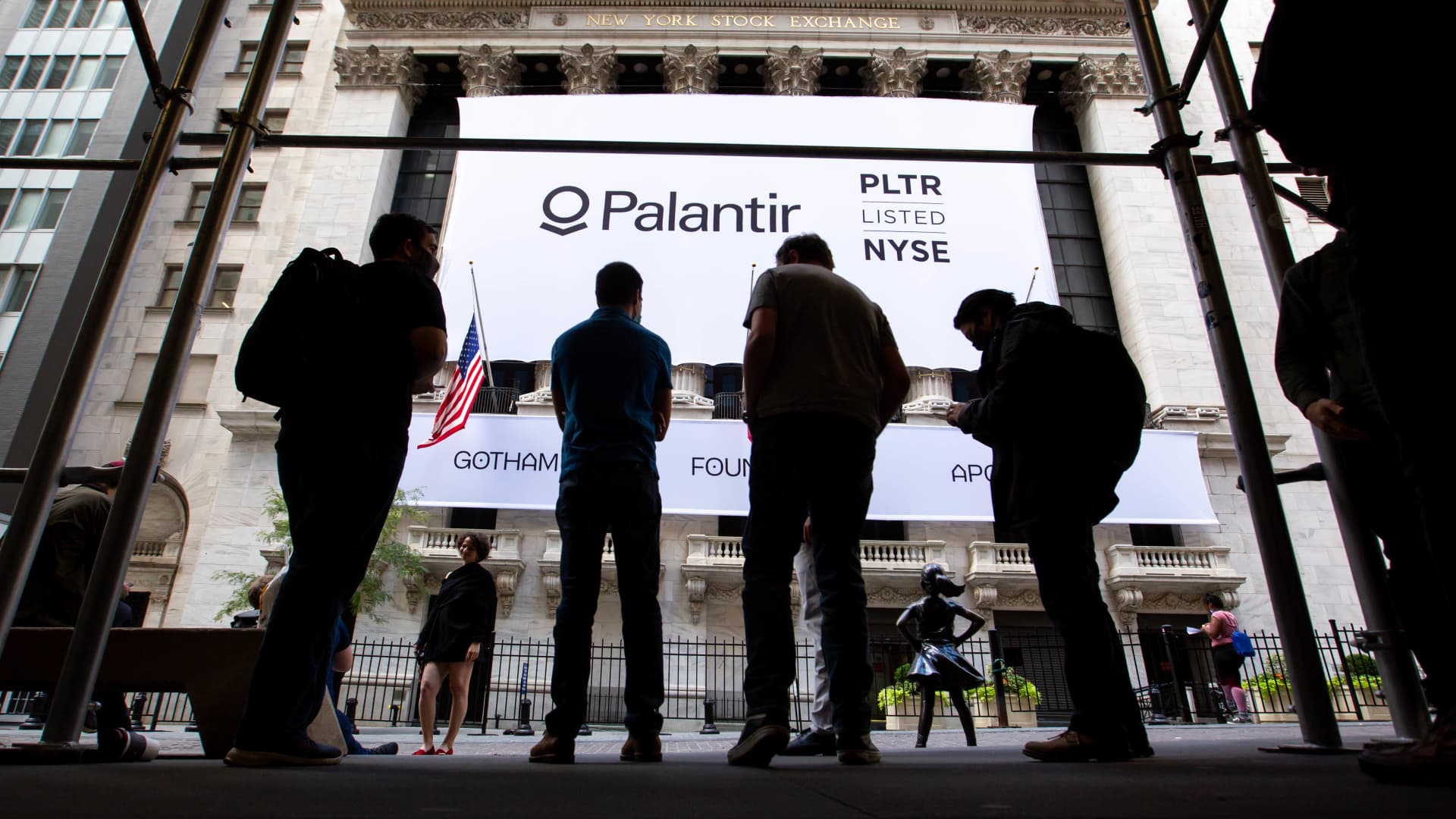Economic crises pervade the history of Argentina, though the main characters in these stories sometimes change. In the last few decades, however, there is one actor that stands out over others: the International Monetary Fund, which only a few days ago disbursed a fresh 5.4 billion dollars to the Argentine government. So why is the IMF a recurring character in this story? Why is it that economic crises strike Argentina again and again if the IMF is supposedly always trying to avoid them?
Ever since 1958, the year in which the first loan to the Argentine government was approved, the country has kept a more or less steady relationship with the IMF. The logic of IMF interventions has been that of a lender of last resort; whenever Argentina is not attractive enough for private investors and the government seeks to pay for its deficit through loans instead of money creation, the IMF shows up and ‘fills the void.’ For Argentina, this is advantageous, as the IMF interest rate is low relative to that of the market.
For years, criticism of the IMF in Argentina has come from the left. According to leftists, by accepting IMF funds, Argentina becomes subject to a group of insensitive bureaucrats who starve the population to enrich the already rich countries that run the IMF. But we should raise a red flag when we realize that many of these people are currently part of the Fernández administration, so perhaps they do not dislike the IMF as much as it seems.
Indeed, the IMF is in practice not the ‘neoliberal’ actor that the left denounces. It is still evil, but in a different sense. Granted, some of its recommended policies would result in a freer economy and a better public sector. But reality shows that the IMF keeps reaching agreements with fiscally irresponsible governments and, time after time, also relaxes their conditions with the result that their goals are never achieved. In this way, government deficits are prolonged over time; Argentina never escapes its permanent fiscal crisis and the IMF ends up becoming the best ally that the spendthrift left can have to preserve the status quo.
What incentives can Argentine goverments have to balance the budget if they know that the IMF will always bail them out? In a recent book called Diario de una temporada en el quinto piso, historian Juan Carlos Torre tells the story of how the Argentine government would falsify data to meet the IMF’s targets and continue to receive financial assistance back in the 1980s, during the Alfonsín administration. This, which is now public knowledge, was not even the last time that Argentina manipulated official statistics to deceive foreign investors, as it happened again during the Kirchner administration in the 2000s. Yet the IMF continues to bail Argentina out.
Today, the IMF is still disbursing money to a government which does not even pretend to meet their targets. The IMF is still projecting positive GDP growth for Argentina in 2023, even though Argentine market analysts expect the economy to fall by 2.7%. The nation can also expect a 110% annual inflation rate, up from 94.8% in 2022 — Yet the IMF is predicting a decrease to 88%, a figure that no local actors believe the government will be able to ‘achieve.’ If these are the starting points, what is going to happen when Argentina also (and predictably) fails to meet the fiscal deficit target currently at 1.9%? Experience tells us that the IMF will forgive the government for failing, blame some exogenous factor for this failure (like the ongoing drought), and keep disbursing money to an irresponsible administration.
This dynamic of permanent bailouts to fiscally irresponsible governments perpetuates Argentina’s crisis by maintaining a status quo where the share of government expenditures remain at about 37% of the GDP, up from 23% in only two decades. With good intentions, some classical liberals still welcome IMF debt in order to implement reform, but the results have been consistently negative for decades: The money that Argentina receives is not used to relieve taxpayers, reduce government spending, or implement long-lasting reforms that deregulate the economy. Instead, fresh funds are rapidly spent.
One final problem is that rational expectations for the IMF are as pessimistic as for Argentine governments. Indeed, by granting the country the biggest loan in IMF history, Argentina has now become too big to fail. If the economy, which is entering a recession as the government places more and more restrictions to avoid devaluating the peso, finally collapses, the IMF will lose the scarce credibility it still retains.
Experience and basic logic teach us that the relationship between Argentina and the International Monetary Fund is toxic. But other major IMF debtors include Egypt, Ukraine, Pakistan and several Latin American and African countries where government continues to be big and corruption continues to be high. Perhaps we should not put the blame entirely on Argentina, then. Perhaps we could help developing countries grow by encouraging true reform. Perhaps we should end the IMF.
Marcos Falcone is the Project Manager of Argentina’s Fundación Libertad the host of the Téngase presente podcast and a bi-monthly contributor to Argentina’s edition of Forbes.















